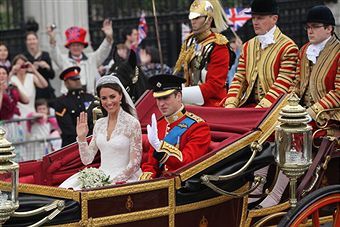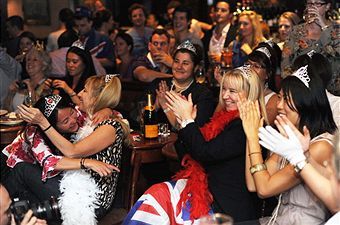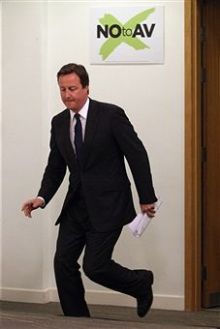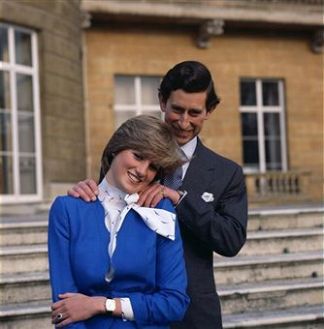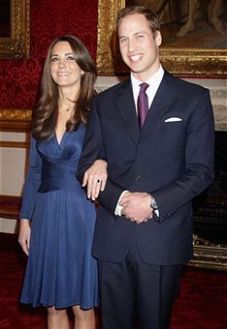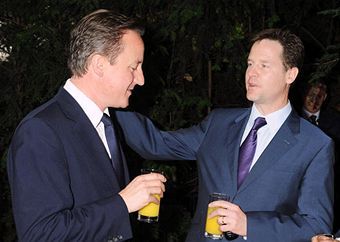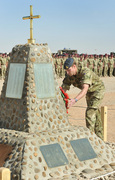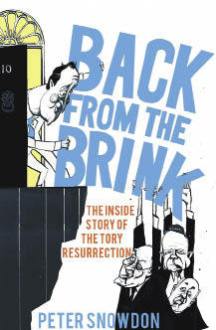Coolness under fire
The early 19th century was the age of the dandy, and the essence of dandyism was cool self-control. The dandy shunned displays of feeling. There is feeling a-plenty in both these books; yet they may fairly be described as novels which bear the characteristics of dandyism. Though not short of action — something the dandies deprecated — they are cool, elegant and laconic. Stella Tillyard is known as a historian of 18th- and early 19th-century aristocratic and royal life. Tides of War is her first novel, and a very accomplished one. It moves easily between domestic and political scenes in London and Norfolk, and the Peninsula, where Wellington’s army, with



